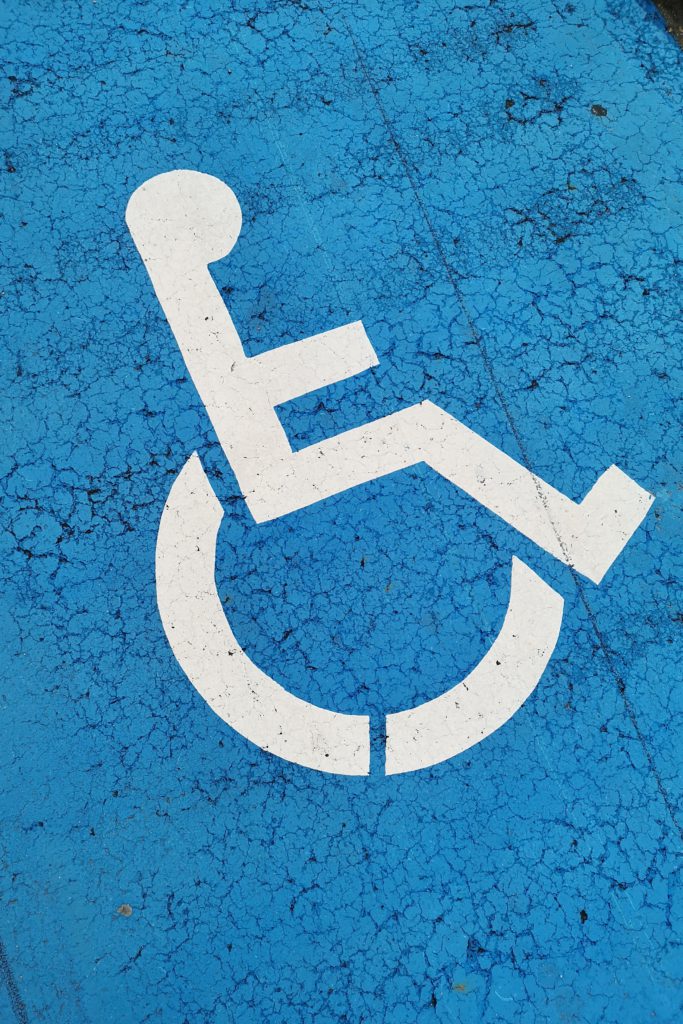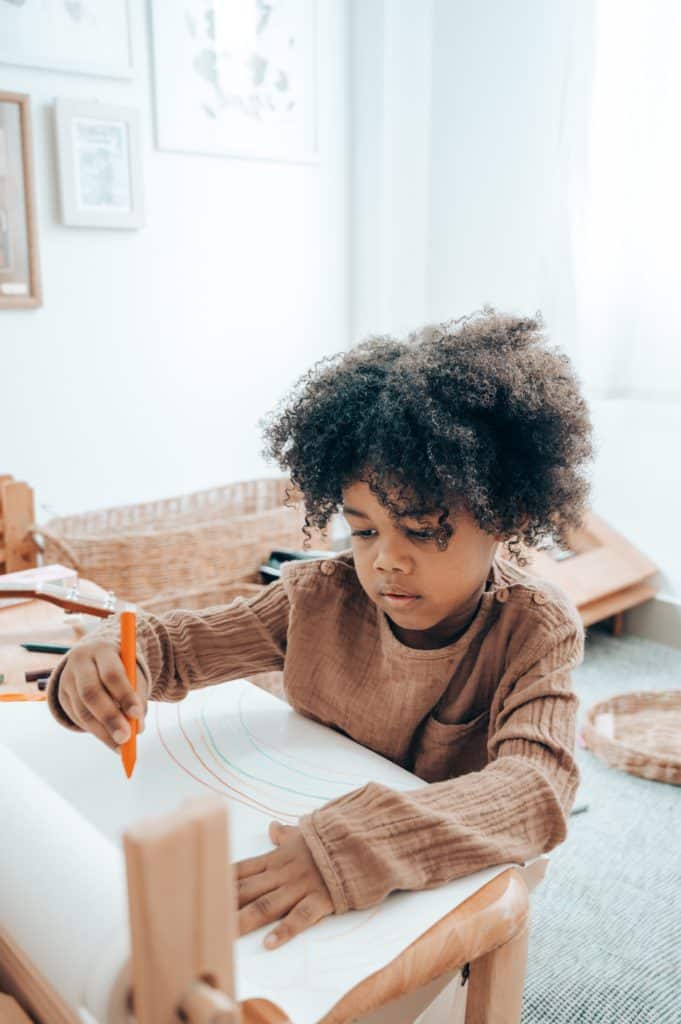Cerebral palsy is a group of nerve disorders that make it difficult for a child to control movement and posture.

It is caused mainly by brain damage that usually occurs while a child is still in the womb. Other times when this damage can occur are during childbirth and within the first 6 months of a child’s life. Each child with cerebral palsy is different. For some, their condition may cause mild disabilities, while others have to deal with more severe symptoms.
Regardless of the severity, your child will need you every step of the way.
1. Get Organized
Not only would this go a long way in reducing the stress of caring for your child, but it will also prepare you in case of an emergency.

In addition to keeping track of important dates and medications, here are some essential things every caregiver should have handy:
- Doctors’ contact information
- Emergency hot lines
- Appointment dates
- Your child’s medical records and lab tests results
- List of prescribed drugs and their respective dosage and means of administration
- Contact details of your child’s school
2. Stay Informed
You have to know about cerebral palsy to be able to properly care for a child with cerebral palsy. The more you learn, the better you would be able to care.
Your child will meet with different health care providers, from the pediatrician to the physiotherapist, and many more.

At the center of all these providers would be you.
Therefore, it is essential for you to keep track of your child’s medical care and history. This would help you when you have to make decisions regarding your child’s health.
Your doctors will only be able to provide the best care for your child if you, as the primary caregiver, remain fully invested in your child’s medical care.
3. Help Your Child Stay Physically Active
Even though your child may not be able to play as much as his/her peers, some physical activity is still important.
Help your child move as much as circumstances will permit.

An active lifestyle will strengthen muscles and reduce the frequency of muscle spasms and contractions, thereby improving your child’s overall health.
Be cautious though, as safety is very important, especially for your child. Try to make your house as fall-proof as possible.
4. Integrate Nutrient-Rich Foods
A healthy diet is important for any child’s growth. This becomes more crucial for a child with cerebral palsy who is more prone to weak bones.


The best diet is one rich in fruits, vegetables, lean protein, and fiber. Also include calcium-rich foods like low-fat dairy products.
5. Be an At-Home Therapist
It is recommended you discuss physiotherapy with your doctor. Your child may benefit from physical therapy like special exercises and devices e.g.braces, casts, splints, e.t.c.
This would help your child keep moving as best as he/she can by improving muscle strength and balance. While your child will spend a lot of time with the therapist, therapy does not have to end there.
Therapy can continue at home if you know the right way to do it. You can try learning some basic massage therapy and exercise techniques.

6. Help Them Remain Positive
Sometimes, it can be extremely hard for your child to maintain a positive outlook on life. This is understandable, as they have limitations that other children don’t.
Thus, it is very easy for them to fall into a sour mood. Be patient with them. If your child is feeling down because of the things they can’t do, you can be of help.

Show them the things that they can do, and do these things with them.
7. Join Support Groups
Taking care of a child with cerebral palsy can leave you feeling lonely sometimes.
However, bonding with other parents in a similar situation helps you build a strong support system. You can find these parents when you visit the hospitals for appointments, but you may also find some support groups online.

Your doctor may also be able to help you contact a support group. This will not only prove helpful in finding other doctors and treatments, but also in lifting your mood on those stormy days.
8. Take Care of Yourself
One of the most important ways to take care of your child is by taking care of yourself.
Don’t get so wrapped up in your child’s care that you neglect your health. If you do so, you would eventually need someone to take care of both of you.
Ensure you eat healthily, get enough sleep, and exercise regularly. Also, don’t be shy to ask for help or to accept it when offered. You deserve some days to yourself where you can just drink water and relax.

Call For Help If:
- Your child has trouble breathing, stops breathing, or becomes unconscious.
- He/She chokes while eating and you are unable to dislodge the food.
- Your child has any new symptoms, like a seizure, constipation or skin problems.
- You are having difficulty caring for your child.
How Do I Prevent It From Happening Again?
There is no magical formula to guarantee that your next pregnancy is going to be a healthy one. However, there are a few things you can do to reduce the risks of your next child having cerebral palsy;
- Routine antenatal care and tests, especially in the last weeks leading up to birth. This will help in detecting any problem early on.
- Proper vaccination
- Avoid exposing yourself unnecessarily to infections or viruses.
- Proper management of underlying medical conditions
- Avoid alcohol, cigarettes, recreational drugs, and any other drug not prescribed by your doctor.
In Conclusion
With proper medical care, it is possible for children with cerebral palsy to still lead meaningful lives. We know that you would do your best to care for your child. In doing so, please do not forget to do your best to care for yourself also.
References
- Kristin Proctor 2020, Cerebral Palsy Prevention, Cerebral Palsy Guide, Viewed on Sept 10, 2020, <https://www.cerebralpalsyguide.com/cerebral-palsy/prognosis/prevention/>.
- “Cerebral Palsy: Overview”. National Institutes of Health. Archived from the original on 15 February 2017. Retrieved 21 February 2017.
- Shutterstock

